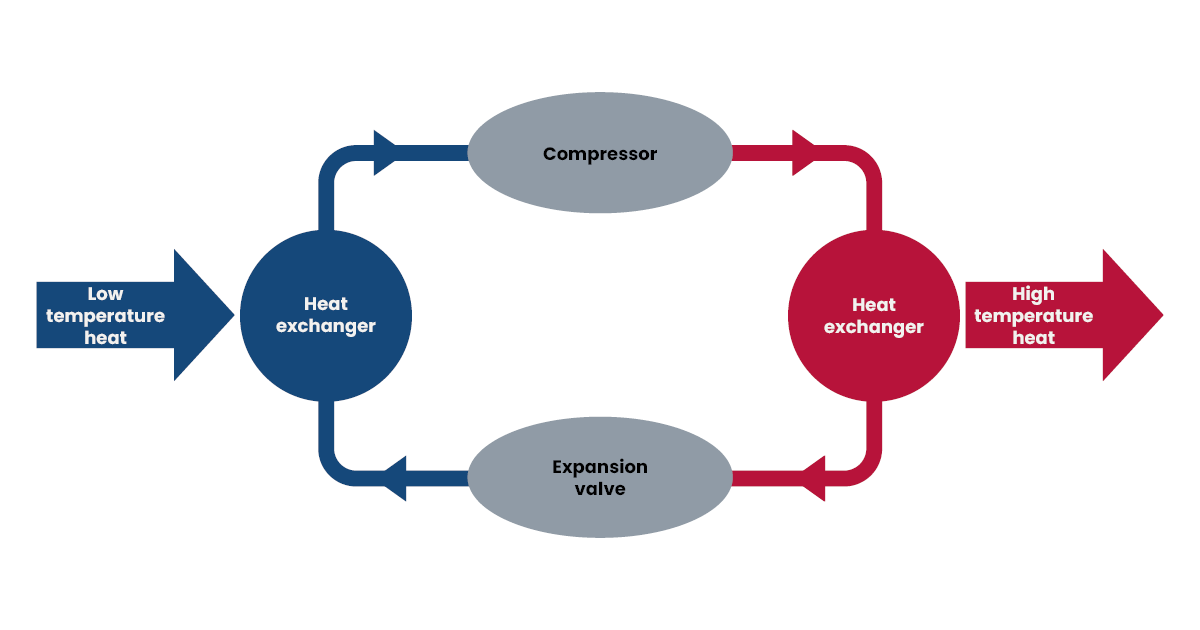Heat pumps are more efficient than other heating systems and generally produce around three times more energy than they take in – 300% efficient. They’re more efficient as the heat they provide is harvested from the environment rather than coming directly from an energy source, such as natural gas.
Compare this to an A-rated gas boiler, which has an efficiency of around 85%. This means that for every unit of gas used in the boiler, it produces 0.85 units of heat. And oil boilers are 88% efficient, so produce 0.88 units of heat for every unit of oil burnt.
In a heat pump the amount of heat produced for every unit of electricity used is known as the Coefficient of Performance (CoP). So, if a heat pump has a CoP of 3.0, then it gives out three units of heat for every unit of electricity it uses.
Every heat pump has a published datasheet telling you what its measured CoP is. This published CoP is measured at a single point in time, under specific test conditions.
However, in real life, heat pumps experience external temperature variations throughout the year that affect their efficiency. So the CoP isn’t always helpful in understanding what your heat pump will cost to run over the year.
To help with this, the seasonal coefficient of performance or seasonal performance factor (SPF) shows the efficiency of the heat pump averaged across the whole year.
Heat pump installers must calculate the SPF based on their system design for your home. This calculation shows how the heat pump should perform given:
- the average temperatures at your location
- the size of your radiators
Your heat pump installer should share this calculation with you before they start any work. The SPF gives you a better indication of your expected system efficiency, running costs and possible running cost savings than the CoP figure.
